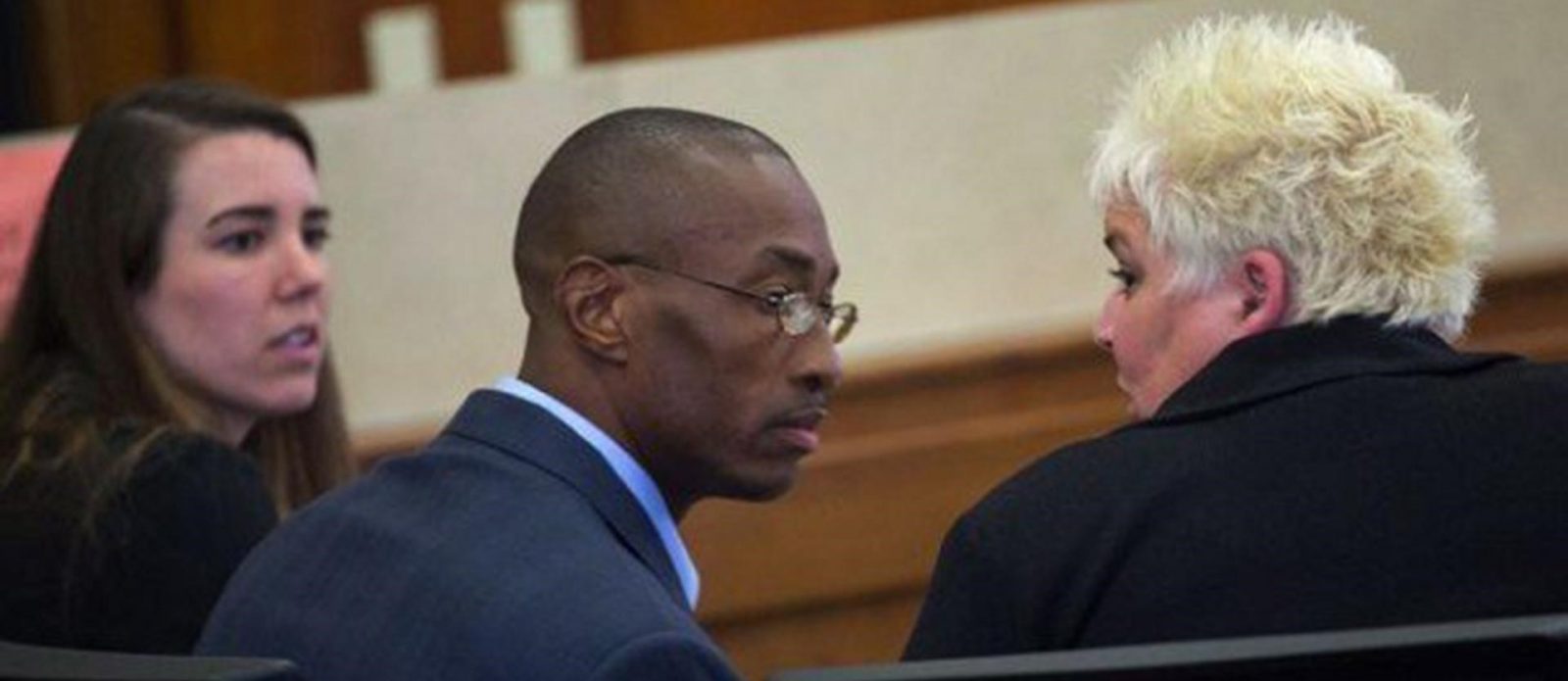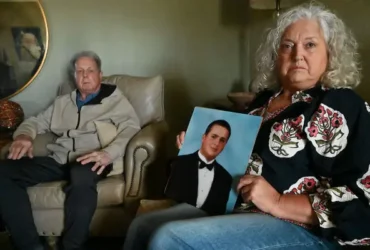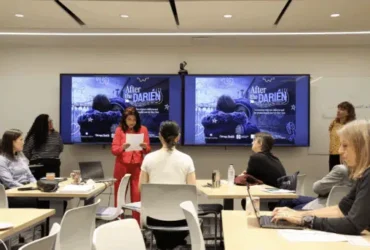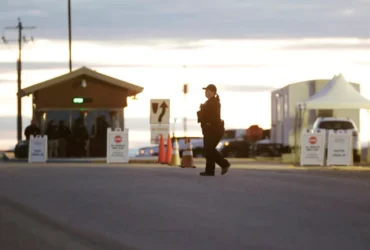For years in New Hampshire, press, policymakers, advocates and the public have tried to get access to records detailing misconduct by individual police officers and other public officials, but they were often blocked by a 1993 state Supreme Court ruling that allowed government agencies to withhold the information.
Nancy West, previously of the New Hampshire Union Leader and now executive editor at InDepthNH.org was a freelancer when VTDigger published her investigative report on the patchwork of laws and policies on access to police misconduct records across the country. Her report, with a grant from the Fund for Investigative Journalism, detailed convictions that have been overturned in multiple states because defendants did not have access to information about misconduct at the time of their trials. Her story focused in particular on New Hampshire’s system for providing such information, which a local attorney described as “broken.”
As a result of that story and West’s subsequent coverage, the ACLU of New Hampshire filed a lawsuit in state court on behalf of news outlets to force the government to release the names of police officers who have faced disciplinary action. The nonprofit website West founded, the New Hampshire Center for Public Interest Journalism, is the lead plaintiff. They won in Superior Court, but the case is now on appeal to the New Hampshire Supreme Court. The ACLU and two newspapers filed two other lawsuits seeking information about police misconduct.
In May 2020 – a full five years after West’s initial story on the issue was published – the New Hampshire Supreme Court issued rulings in two of the three cases, overturning their 1993 precedent and opening the door to making misconduct records significantly more transparent. The two rulings so far will “ensure government accountability in the Granite State,” according to the New Hampshire ACLU legal director, who argued the cases at the Supreme Court.
“These are important and difficult matters to report because of the entrenched secrecy surrounding police discipline, but it is really important work,” said West, who first learned about secret lists of dishonest police officers eight years ago and continued reporting, story by story. She notes that the Fund for Investigative Journalism’s grant helped expand her reporting and the public’s understanding of this critical problem.
“Citizens have a right to know how police are doing their job and criminal defendants have a constitutional right to know if police with credibility problems investigated their case and are going to testify against them,” West said. “It may take awhile, but it is very rewarding to see change finally happening, although there is still much more work to be done.”




